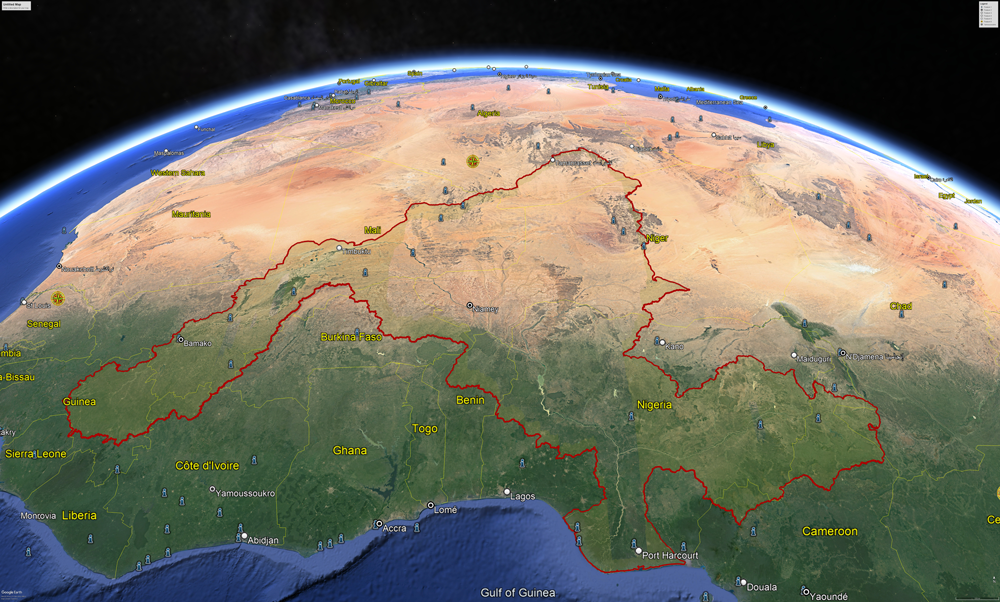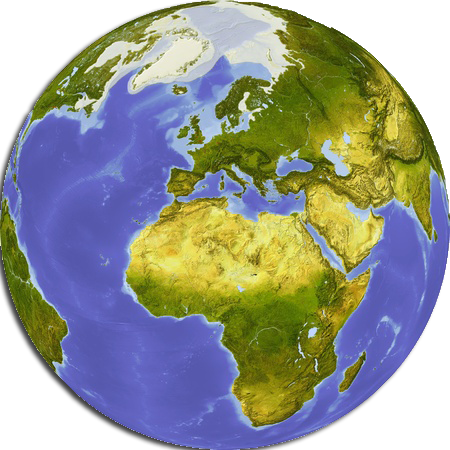Security in the Sahel is a major concern for the international community. This vast region in West Africa faces numerous security challenges, including terrorism, transnational organized crime, and ethnic conflicts. Terrorist groups such as Boko Haram, Al-Qaida in the Islamic Maghreb (AQIM), and the Islamic State in the Greater Sahara (ISGS) operate in the region, destabilizing countries and threatening the security of the populations.
The presence of these extremist groups has led to an escalation of military and peacekeeping operations. National forces of Sahelian countries, supported by international partners such as France and the United Nations, are working to counter these threats and restore stability. However, despite the efforts deployed, the challenges remain considerable due to the vast territorial expanse, porous borders, and difficult geographical conditions.
In addition to terrorism, transnational organized crime, such as drug trafficking, arms trafficking, and human trafficking, also poses a serious threat to security in the Sahel. Criminal groups take advantage of weak areas and corruption present in some countries to conduct their illicit activities. This has a devastating impact on local populations, who are often victims of violence and exploitation.
To address these security challenges, it is essential to take a comprehensive and holistic approach. This includes efforts to strengthen the capacities of local security forces, improve governance and institutions, promote economic and social development, as well as foster regional and international cooperation. It is also crucial to invest in education and empower local populations, giving them the means to resist extremism and actively participate in building peaceful and resilient societies.
In summary, security in the Sahel is a complex and multifaceted challenge that requires a concerted response from the international community. By working together, it is possible to counter terrorist and criminal threats, restore stability, and create a safer future for the populations of the Sahel.


